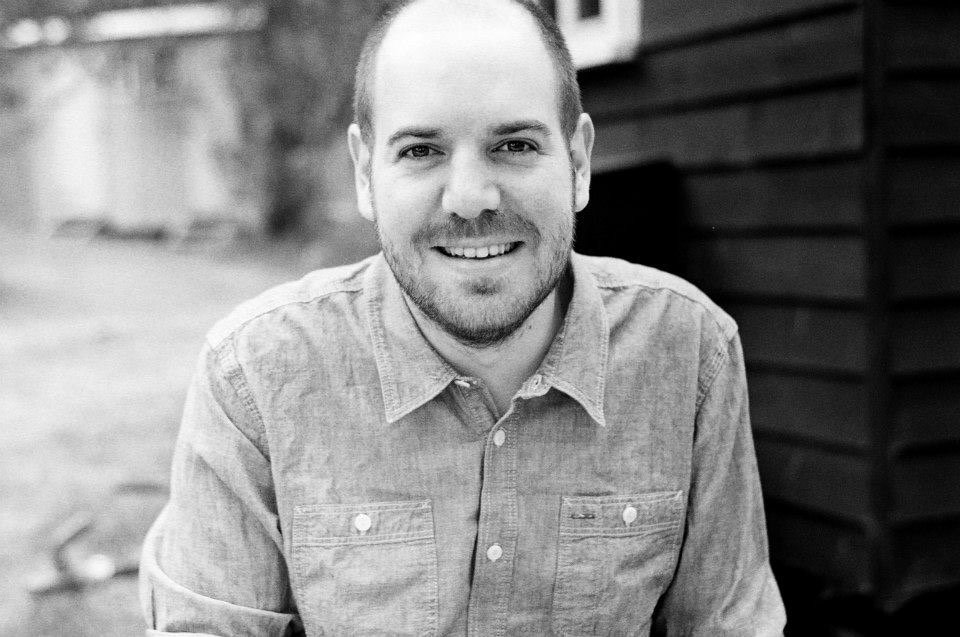Across modalities, the therapeutic relationship has consistently been found to be a robust predictor of treatment outcome. Most practicing clinicians understand this finding and work hard at establishing and maintaining a collaborative working alliance.

Here’s a less well known, but sobering statistic: clients report tensions or actual breakdowns in the therapeutic relationship in 19% to 42% of sessions. These figures rise to 41% to 100% of sessions when trained observers are used to identify “ruptures” between clients and therapists.
Given the frequency of such occurrences, therapy really is about constantly re-pair-ing—a continuous process of getting back “in touch” with and connected to the person seated opposite us in the consulting room. Findings from a number of studies (1, 2, 3, 4) emphasize the value of therapists openly acknowledging and exploring ruptures, all the while maintaining an open and non-defensive stance. Failing to do so, the data make clear, leads to higher dropout rates and poorer outcomes.

Given the frequency of such occurrences, therapy really is about constantly re-pair-ing—a continuous process of
getting back “in touch” with and connected to the person seated opposite us in the consulting room. Findings from a number of studies (1, 2, 3, 4) emphasize the value of therapists openly acknowledging and exploring ruptures, all the while maintaining an open and non-defensive stance. Failing to do so, the data make clear, leads to higher dropout rates and poorer outcomes.
Of course, admitti ng a mistake presumes knowing one has been made. It’s easier said than done. Clinicians’
ng a mistake presumes knowing one has been made. It’s easier said than done. Clinicians’
experience of the quality of the therapeutic relationship frequently differs from those they treat. And while a significant body of evidence documents the benefits of systematically monitoring the status of the alliance via simple measures like the Session Rating Scale, little is known about what therapists actually do with such information to inform and improve outcome. That is, until psychologist Chris Laraway entered the picture.
Dr. Laraway’s thorough and engaging study not only provides a systematic review of the al liance and feedback
liance and feedback
literature, but also the first empirical model for how feedback can be used to resolve ruptures in the therapeutic relationship. What’s the secret? The entire study is just a click away—or for those interested in the “Cliff note” version here. Thanks to Chris for allowing me to make it available.
These, and other, new findings are being integrated into the curriculum for this summer’s Professional Development Intensive. This two-day event focuses on raising your effectiveness to the next level by improving your ability to engage, retain, and help a more diverse clientele. Given the intensive nature of the training, registration is limited. All of our March intensives sold out months in advance. Register now at: http://www.eventbrite.ie/e/fit-professional-development-intensive-2016-tickets-17740785166.
Until next time,
Scott
Scott D. Miller, Ph.D.
Director, International Center for Clinical Excellence



Leave a Reply